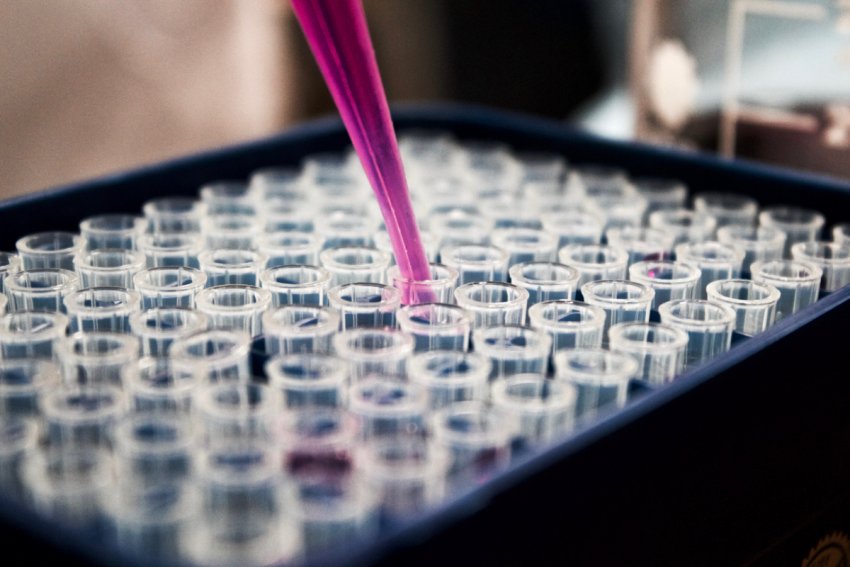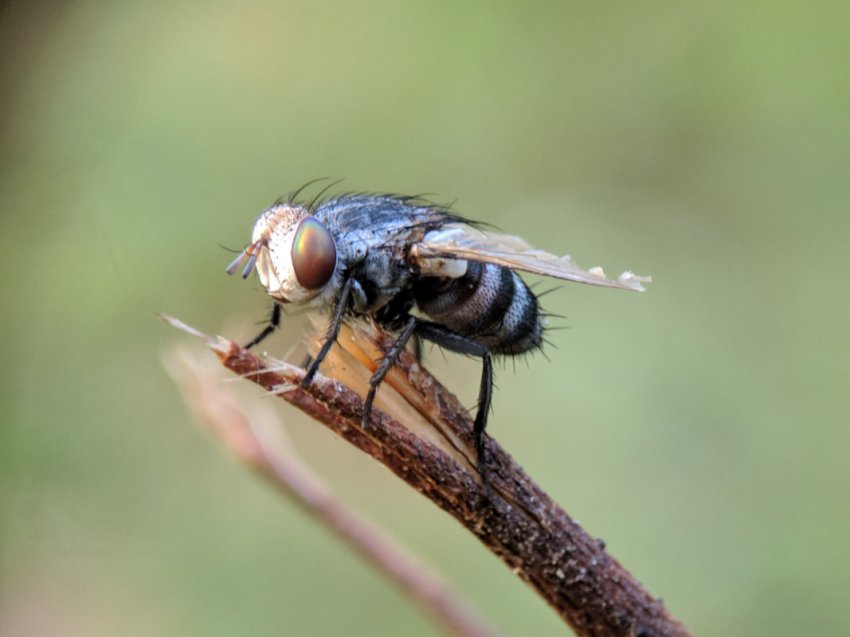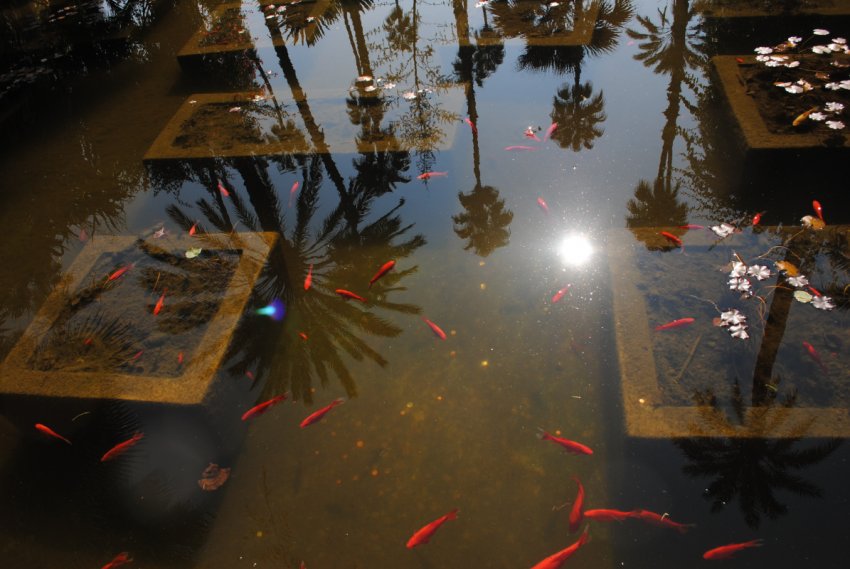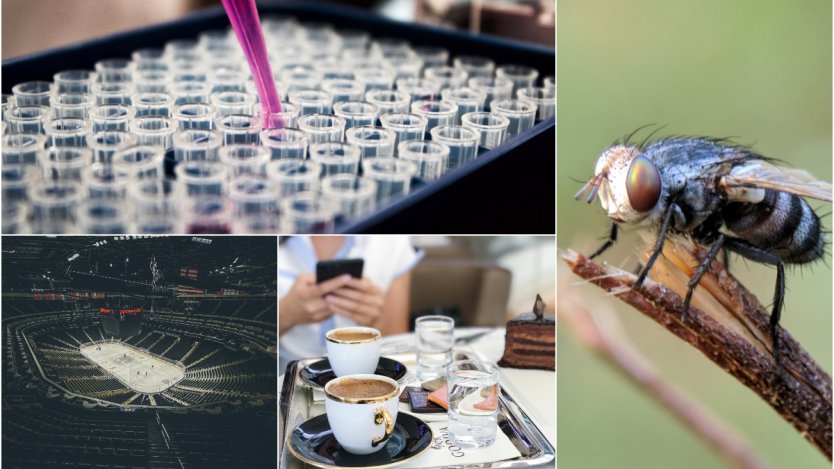With most of the Canadian restaurant community resting in pandemic purgatory, the majority of this week’s news stories seemingly shifted from a focus on COVID-19 to the future of Canadian culinary innovation.
In Ontario, two researchers from McMaster University claim to have cultivated a new synthetic meat that has more natural flavour and texture than other meat alternatives. Although the technology is still in its early stages, the researchers believe the cultivation method has the potential for great scalability.
Speaking of feeding people en masse, a B.C.-based company that uses food waste and agricultural byproducts to produce pet food received a federal investment of $6 million this week. According to Agriculture and Agri-Food Canada, the investment's true potential is in its ability to feed future generations.
Finally, a Blood Tribe resident in Alberta has been working with researchers at Lethbridge College to spread his own innovative agricultural method using integrated aquaponics farming technology. According to experts, the method produces high-quality, low-cost produce and fish that can help sustain food-insecure communities year-round.
Here are five stories you might have missed in food news this week.
Ontario researchers cultivate meat from animal cells

A duo of researchers at McMaster University have developed a new form of cultivated meat using a method that was originally designed to grow tissue for human transplants. According to the researchers, the new method produces more natural flavour and texture than other meat alternatives that are currently on the market.
Although the technology is still in its early stages, the researchers say it has the potential for great scalability. Head to CBC News for the full story.
Government invests in sustainable insect production

This week, Enterra Feed Corp became the first company in Canadian history to receive regulatory approval to produce animal feed ingredients using flies after the federal government allocated an investment of $6 million to bolster the company’s plant north of Calgary.
The B.C.-based company uses food waste and agricultural byproducts to feed fly larvae, which is then used to create pet food, but according to Agriculture Minister Marie-Claude Bibeau, the innovation’s real potential is in feeding people.
Find the full story at CBC News.
Indegenous aquaponic project underway in Alberta

Blood Tribe resident Dan McGinnis, who has been growing high-quality, low-cost produce and fish with the help of open-source aquaponics technology for the past five years, is now looking to do the same for his entire community.
According to researchers at the Integrated Aquaponic Technology Centre at Lethbridge College, McGinnis’ method has the potential to be the future of agriculture because it combines the best of the technologies in greenhouse production, aquaculture production, and waste treatment.
Head to Global News for more.
Godiva Chocolatier announces mass closures across North America

Global chocolate brand Godiva Chocolatier announced its plans this week to sell or close its entire catalogue of brick and mortar locations across North America, including 11 storefronts in Canada, by the end of March.
According to the company, the move comes as part of a planned shift toward more cafe-oriented sales. Get the full breakdown from CTV News.
SkipTheDishes signs multi-year deal with the NHL

SkipTheDishes announced a new partnership with the NHL this week that will see the Canadian delivery company become the league’s official food delivery app for years to come.
The delivery app giant, who’ve already signed exclusive deals with numerous Canadian NHL teams, says the collaboration will produce impactful fan-focused programs across the country, while allowing fans to support their favourite local restaurants.
Find the full release at NHL.com.













